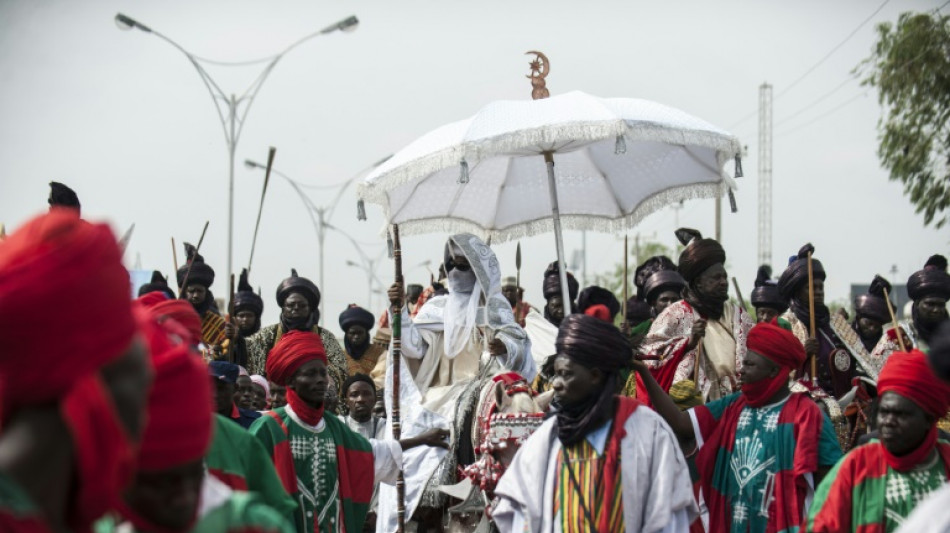
-
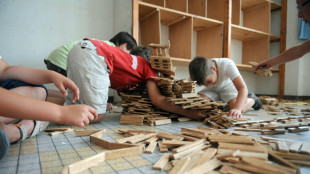 Dutch inventor of hit game 'Kapla' dead at 80: family
Dutch inventor of hit game 'Kapla' dead at 80: family
-
Benfica's Mourinho plays down Real Madrid return rumour before rematch
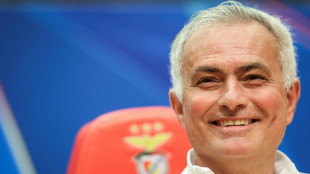
-
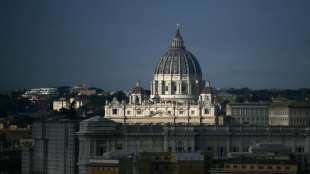 St Peter's Basilica gets terrace cafe for 400th anniversary
St Peter's Basilica gets terrace cafe for 400th anniversary
-
Meillard extends Swiss Olympic strangehold while Gu aims for gold

-
 Meillard crowns Swiss men's Olympic domination with slalom gold
Meillard crowns Swiss men's Olympic domination with slalom gold
-
German carnival revellers take swipes at Putin, Trump, Epstein

-
 England survive Italy scare to reach T20 World Cup Super Eights
England survive Italy scare to reach T20 World Cup Super Eights
-
Gold rush grips South African township
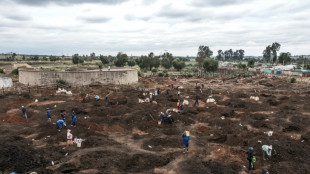
-
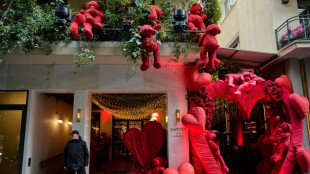 'Tehran' TV series producer Dana Eden found dead in Athens
'Tehran' TV series producer Dana Eden found dead in Athens
-
Iran FM in Geneva for US talks, as Guards begin drills in Hormuz Strait
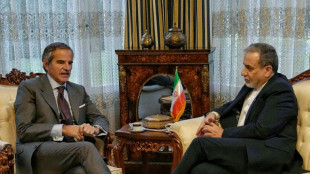
-
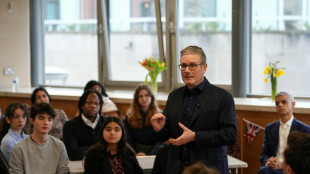 AI chatbots to face UK safety rules after outcry over Grok
AI chatbots to face UK safety rules after outcry over Grok
-
Sakamoto fights fatigue, Japanese rivals and US skaters for Olympic women's gold
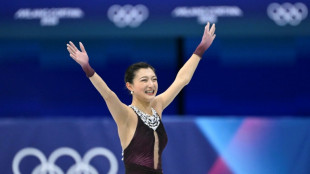
-
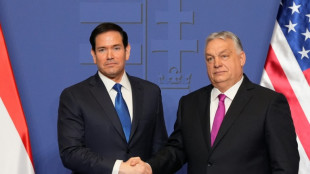 'Your success is our success,' Rubio tells Orban ahead of Hungary polls
'Your success is our success,' Rubio tells Orban ahead of Hungary polls
-
Spain unveils public investment fund to tackle housing crisis
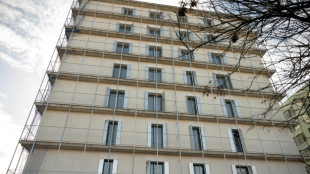
-
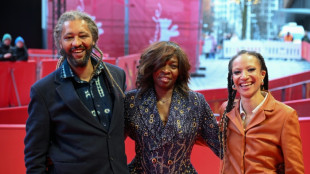 African diaspora's plural identities on screen in Berlin
African diaspora's plural identities on screen in Berlin
-
Del Toro wins shortened UAE Tour first stage
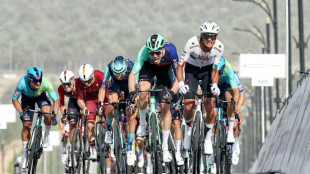
-
 German carnival revellers take sidesweep at Putin, Trump, Epstein
German carnival revellers take sidesweep at Putin, Trump, Epstein
-
Killing of far-right activist stokes tensions in France
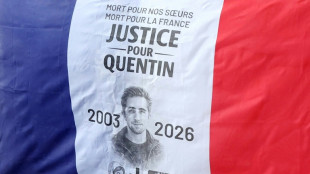
-
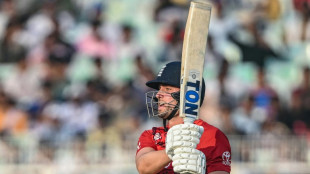 Record Jacks fifty carries England to 202-7 in must-win Italy match
Record Jacks fifty carries England to 202-7 in must-win Italy match
-
European stocks, dollar up in subdued start to week
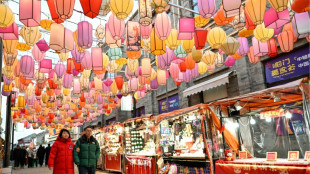
-
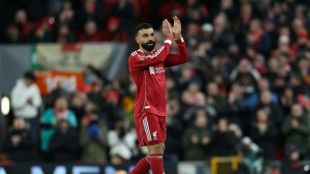 African players in Europe: Salah hailed after Liverpool FA Cup win
African players in Europe: Salah hailed after Liverpool FA Cup win
-
Taiwan's cycling 'missionary', Giant founder King Liu, dies at 91
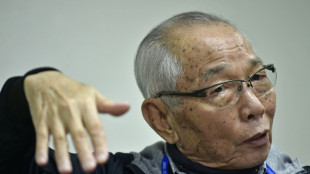
-
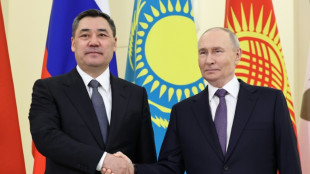 Kyrgyzstan president fires ministers, consolidates power ahead of election
Kyrgyzstan president fires ministers, consolidates power ahead of election
-
McGrath tops Olympic slalom times but Braathen out
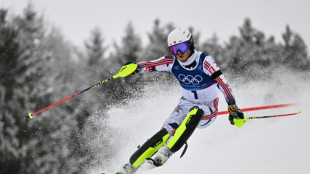
-
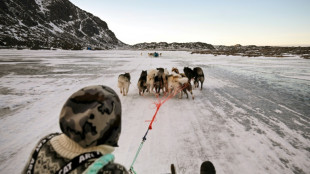 Greenland's west coast posts warmest January on record
Greenland's west coast posts warmest January on record
-
South Africa into Super Eights without playing as Afghanistan beat UAE
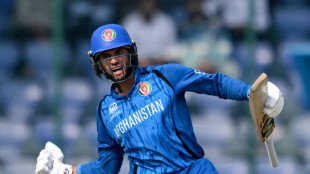
-
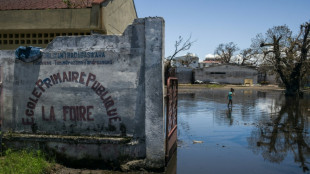 Madagascar cyclone death toll rises to 59
Madagascar cyclone death toll rises to 59
-
ByteDance vows to boost safeguards after AI model infringement claims

-
 Smith added to Australia T20 squad, in line for Sri Lanka crunch
Smith added to Australia T20 squad, in line for Sri Lanka crunch
-
Australian museum recovers Egyptian artefacts after break-in
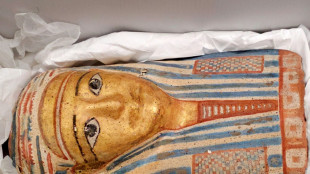
-
 India forced to defend US trade deal as doubts mount
India forced to defend US trade deal as doubts mount
-
Bitter pill: Taliban govt shakes up Afghan medicine market

-
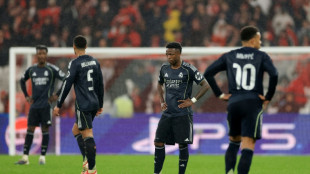 Crunch time for Real Madrid's Mbappe-Vinicius partnership
Crunch time for Real Madrid's Mbappe-Vinicius partnership
-
Rio Carnival parades kick off with divisive ode to Lula in election year
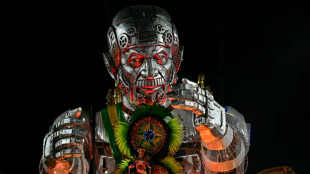
-
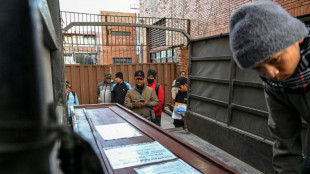 Nepal 'addicted' to the trade in its own people
Nepal 'addicted' to the trade in its own people
-
Asian markets sluggish as Lunar New Year holiday looms
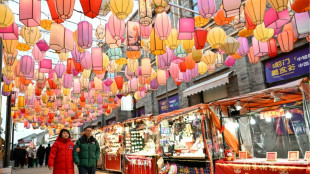
-
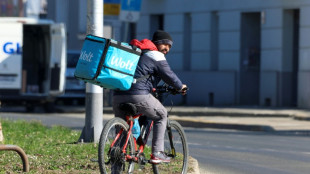 'Pure extortion': foreign workers face violence and exploitation in Croatia
'Pure extortion': foreign workers face violence and exploitation in Croatia
-
Nepal launches campaigns for first post-uprising polls
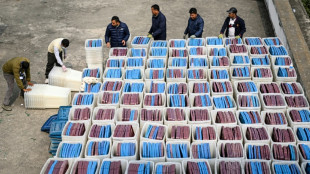
-
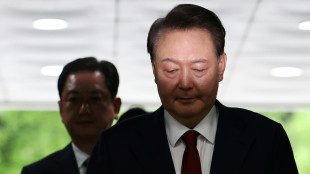 What to know as South Korea ex-president Yoon faces insurrection verdict
What to know as South Korea ex-president Yoon faces insurrection verdict
-
'Train Dreams,' 'The Secret Agent' nab Spirit wins to boost Oscars campaigns

-
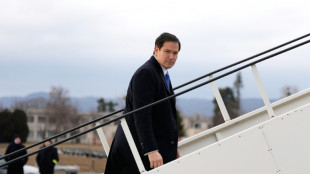 Rubio visits Trump's 'friend' Orban ahead of Hungary polls
Rubio visits Trump's 'friend' Orban ahead of Hungary polls
-
Kim unveils housing block for North Korean troops killed aiding Russia: KCNA
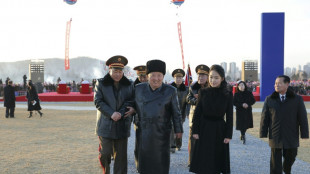
-
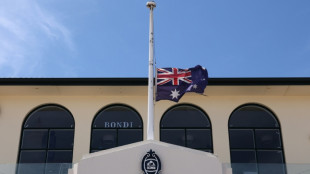 Accused Bondi killer Naveed Akram appears in court by video link
Accused Bondi killer Naveed Akram appears in court by video link
-
Art and the deal: market slump pushes galleries to the Gulf
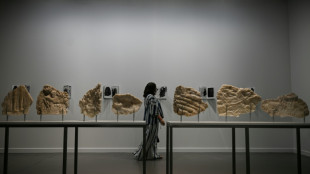
-
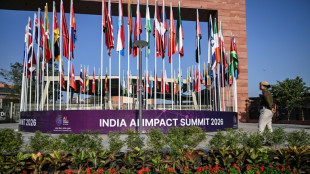 Job threats, rogue bots: five hot issues in AI
Job threats, rogue bots: five hot issues in AI
-
India hosts AI summit as safety concerns grow
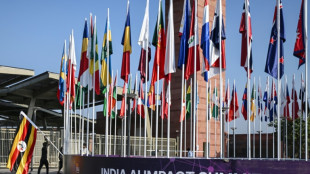
-
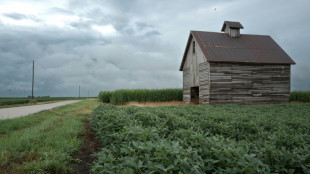 'Make America Healthy' movement takes on Big Ag, in break with Republicans
'Make America Healthy' movement takes on Big Ag, in break with Republicans
-
Tech is thriving in New York. So are the rents

-
 Young USA Stars beat Stripes in NBA All-Star tourney final
Young USA Stars beat Stripes in NBA All-Star tourney final
-
New anti-government chants in Tehran after giant rallies abroad: reports
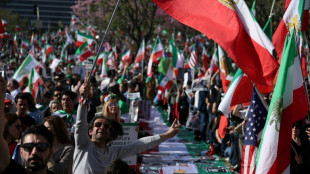

Eid festivities in north Nigeria make UNESCO heritage list
UNESCO on Thursday added a colourful parade of Nigerian knights on horseback celebrating Islam's two holiest holidays to its intangible cultural heritage list.
Dating back to the 15th century, the processions see a prestigious religious ruler and 10,000 horse riders accompanied by musicians march through the streets of Kano, the largest city in Nigeria's predominantly Muslim north.
They take place twice a year on the Eid al-Fitr and Eid al-Adha holidays celebrated worldwide in the 10th and 12th months of the Islamic calendar, which follows the phases of the moon.
The festivities -- known as Durbar -- are also hosted by multiple cities in the Muslim-majority, Hausa-dominated north.
But they originated in Kano, Nigeria's second-largest city of four million people, home to one of the most senior religious authorities in the land.
"The Durbar is a festival of colour, respect, pride and harmony," said Hajo Sani, who represents Nigeria at the UN cultural body, at the 19th session of the Intergovernmental Committee for the Safeguarding of the Intangible Cultural Heritage in Paraguay's capital Asuncion.
"It is a powerful socio-cultural festival that brings together many ethnic groups, including the Hausa, the Fulani, Arabs, Nupe, Yoruba and Tuareg, thus integrating them into one community," she added.
- Historic religious title -
Escorted by a contingent of palace courtiers, officials and bodyguards, the opulently garbed emir is the central figure in every procession.
He and his entourage parade through the neighbourhoods of Kano, while locals pay their respects and show him support, according to UNESCO's website.
By tradition, the emir of Kano is the second most important Islamic ruler in the country after the Sultan of Sokoto, the highest religious leader in north Nigeria.
Nigeria's many traditional rulers have no constitutional powers but are important cultural custodians, wielding enormous influence in Africa's most populous country.
Kano police banned the Durbar that had been planned for June this year over security concerns, after tensions surged between two traditional chiefs competing for the emir's historic title.
The Durbar constitutes "an industry that creates jobs, economic empowerment within the communities", Sani said.
The festival has "grown to become popular to the point that many states across northern Nigeria now practice it, including the Federal Capital Territory Abuja as a carnival", she added.
The Durbar festivities join other Nigerian cultural landmarks on UNESCO's heritage list, including the northeastern Sukur cultural landscape near the border with Cameroon and the sacred grove of Osun-Osogbo in southern Nigeria.
A.Rodriguezv--AMWN